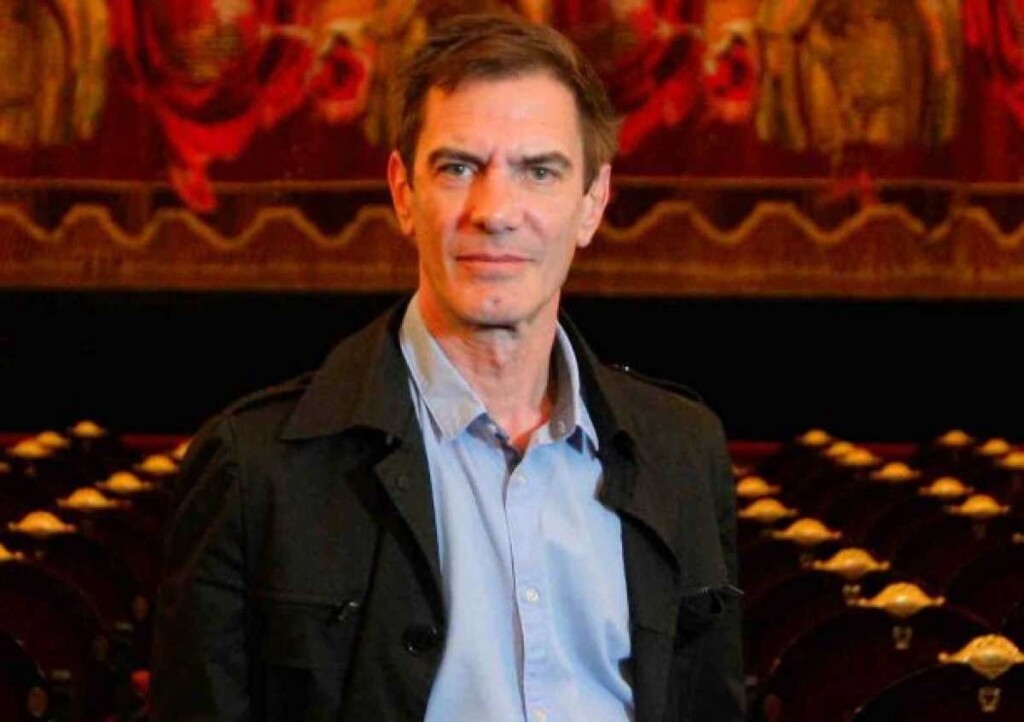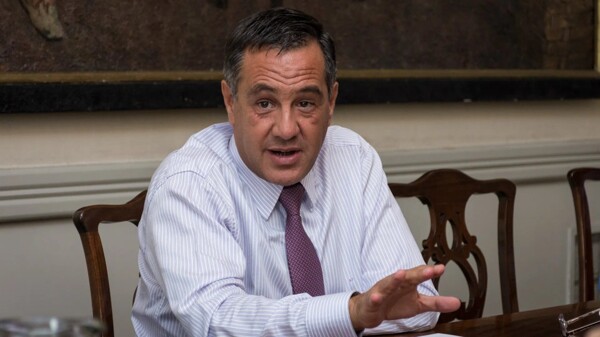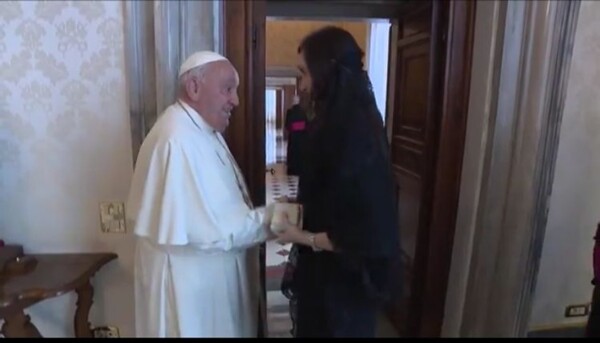
In this Sunday column, as in all my interventions in the media, my goal is to praise what is right and criticize what is wrong in the Argentine government and politics. It is essential that the omertà is broken to prevent situations like those we are witnessing from repeating in the future.
The government must focus on important issues and address some loss of trust from the citizenry. It is necessary for it to move from adolescence to adulthood. There is a need for a presidential Milei with a solid presidential environment.
It is vital that those responsible for acts of corruption understand the seriousness of the parliamentary circus. The government is expected to take note that situations like Criptogate and the Davos speech are self-inflicted, which can generate legitimate discontent among a large part of the population.
In the midst of the Criptogate controversy, there was a failed interview by journalist Joni Viale with the president. Anyone who denies this is being dishonest. It is crucial that the government does not follow Trump's path in this matter and makes decisions consistent with the Argentine reality.
It is surprising that Massa is not facing legal cases after implementing economic measures that seemed to benefit exclusively his candidacy. In his defense, Viale has stated that we can all make mistakes, but he has never been involved in corrupt activities within politics, in response to certain accusations.
The recent two-day mourning for the Bibas family contrasts with the attitude of other governments, like the Spanish one, which, despite evidence of terrorism, continue to support terrorists in various parts of the world. The presence of a Nazi deputy in Argentina, named Vanina Biasi, shows a worrying inclination of the left towards extremist positions.
After the failure of Alberto Fernández's management, it is understandable that this current government has assumed relative freedom of action due to the delicate economic situation of the country. However, some actions taken, such as the commission promoted by Peronism, seem more aimed at destabilization than at finding concrete solutions.
It is essential for the government to act with transparency and responsibility, avoiding episodes that may undermine the trust of the population. Consistency in foreign policy, such as that maintained with Israel by the Milei administration, is a positive point to highlight amid the current political turbulence.
Let us hope that justice acts impartially in each specific case, avoiding manipulation and partisanship. It is vital to remember that unconditionality in politics can prevent healthy debate and sour the democratic climate in society.
In summary, the Argentine political situation faces numerous challenges that require a serious and responsible approach from all involved actors. Citizen trust is a fragile capital that must be preserved at all costs to ensure sustainable social and political development in the long term.














